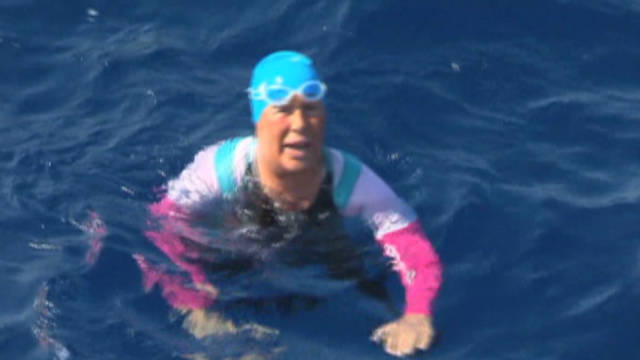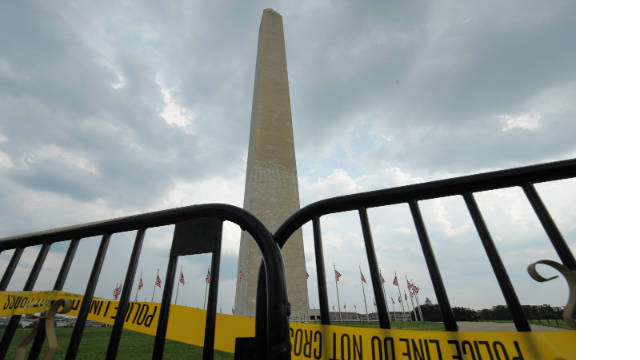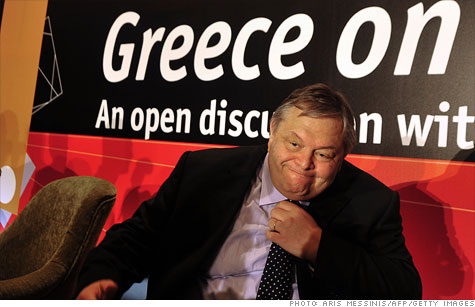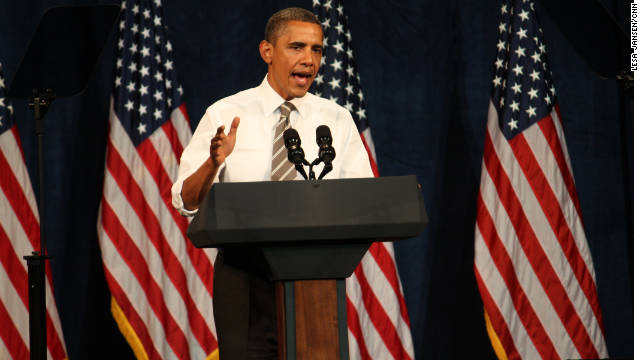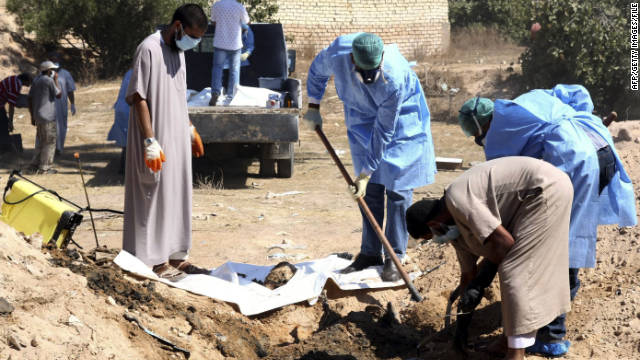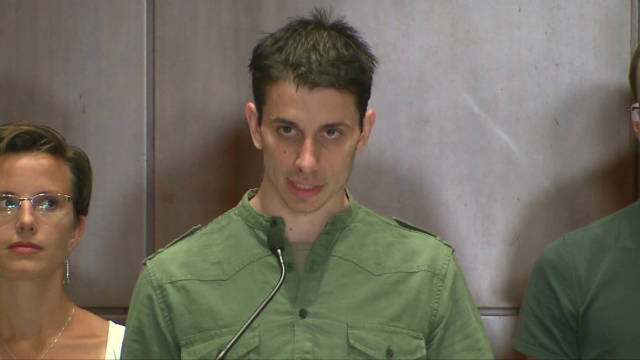 |
| Freed hikers: Captive because of America |
Safely back on American soil, freed Americans Josh Fattal and Shane Bauer on Sunday recounted their two years in "a world of lies and false hope" behind the walls of an Iranian prison.
Wearing green shirts and big smiles, Bauer and Fattal landed at John F. Kennedy International Airport four days after their release by Iranian authorities. In a news conference following their arrival, they described long days held in isolation, the hours punctuated by the screams of other inmates, and their "total sham" of a trial.
"Releasing us is a good gesture, and no positive step should go unnoticed," Fattal told reporters Sunday afternoon. "We applaud the Iranian authorities for finally making the right decision regarding our case. But we want to be clear that they do not deserve undue credit for ending what they had no right and no justification to start in the first place."
Fattal, Bauer and Bauer's now-fiancee, Sarah Shourd, were arrested after straying across the unmarked border between Iraqi Kurdistan and Iran in July 2009. Shourd was released in 2010, but Bauer and Fattal were freed only Wednesday, after 781 days in captivity and a trial for espionage that Bauer said was based on "ridiculous lies."
"Sarah, Josh and I have experienced a taste of the Iranian regime's brutality. We have been held in almost total isolation from the world and everything we love, stripped of our rights and freedom," Bauer said.
He urged Iran to release all political prisoners immediately, telling reporters, "There are people in Iran who have been imprisoned for years for simply attending a protest, for writing a pro-democracy blog or for worshiping an unpopular faith."
But he also criticized the treatment of prisoners held in U.S. facilities, such as the military's prison camp for suspected terrorists at Guantanamo Bay, Cuba.
"In prison, every time we complained about our conditions, the guards would immediately remind us of comparable conditions at Guantanamo Bay," he said. While the hikers don't believe American policies "justify what has been done to us," he said, "We do believe that these actions on the part of the U.S. provide an excuse for other governments, including the government of Iran, to act in kind."
They said they were held in near-complete isolation in Tehran's Evin prison, allowed a total of only 15 minutes of telephone calls with their families throughout their ordeal. Fattal said the two had to wage repeated hunger strikes in order to even receive letters from their families. Iranian authorities told them their families had stopped writing, that they would receive due process of law and that the Swiss ambassador -- who represents U.S. interests in Iran -- was not interested in seeing them.
Worse, Fattal said, "Many times -- too many times -- we heard the screams of other prisoners being beaten, and there was nothing we could do to help them."
Shourd said Bauer was beaten and Fattal was forced down a flight of stairs during their captivity. She was released on medical grounds in September 2010, and told CNN the screams that echoed within Tehran's notorious Evin Prison "will always be with me."
"I don't know what was being done to them," she said. "But not being able to help another human being, being completely impotent and unable to do anything to ease their suffering, is something I'll never forget."
Iranian authorities released Fattal and Bauer on Wednesday. They first were flown to Oman, where they enjoyed several days of freedom after their lengthy captivity.
Fattal's mother, Laura Fattal, told CNN their families "were hooting and hollering and waving our scarves" when they landed.
"We couldn't wait for them to get to us ... I couldn't have asked for anything better," she said.
And Bauer's mother, Cindy Hickey, said the families haven't heard "a whole lot of details" from their sons since their release.
"We have taken the time to just sit and talk and regather," Hickey told CNN. "We've been very busy traveling," she said.
Hickey said they were held as "political pawns."
Bauer and Fattal blamed three decades of hostility between the United States and Iran for making their plight worse than that of other Westerners who had strayed into Iranian territory.
"It was clear to us from the very beginning that we were hostages," Fattal said. "This is the most accurate term because, despite certain knowledge of our innocence, Iran has always tied our case to its political disputes with the U.S."
But, Shourd said in hindsight, "I don't believe that Iran got anything good out of this.
"I don't believe it was good for the country, and it certainly wasn't good for the Iranian people, whom I admire and support in their struggle for democracy and freedom," she said.
Fattal and Bauer thanked the numerous people in America and abroad who helped secure their freedom, including their Iranian attorney, Masoud Shafiee. Shafiee "was never allowed to represent us properly, but he never gave up," Fattal said.
Shourd said no one has ever taken credit for paying her bail or those of Fattal and Bauer. She and Bauer became officially engaged on Friday, although he proposed to her during their time in prison.
"When Sarah was about to walk out of Evin prison last year, we vowed to each other that none of us would be entirely free until all of us were free," Bauer said. "That moment has now thankfully come."
